Trace and write cursive letters with a pack of Cursive Letter Family worksheets.
✏️Cursive Writing Worksheets — Cursive Letter Families
Are you working on cursive writing with your 3rd graders or your 4th grade class? Bring letter families into the mix with a printable worksheet!
Cursive letter families are groups of letters in the cursive writing style that share similar shapes and strokes. There are four main cursive letter families: the oval family, the loop family, the compound curve family, and the slant family.
- The wave letter family includes letters such as c, o, a, g, d, and q. These letters are formed by creating a curve up from the baseline that fallows the outside and left side of a circle. The curve traces back on itself.
- The spike letter family includes letters such as i, t, u, p, w, and j. These letters curve up from the baseline, trace back on themselves for the straight portion of the letter, then pull away to continue.
- The loop family includes letters such as e, l, h, b, k, and f. These letters begin with a loop from the baseline.
- The bump letter family includes letters such as n, m, v, x, w, and z. These letters start at the baseline with a low curve that peaks at the midline.
- The slant letter family includes the letters s and r. These start at the baseline and slant at a 45-degree angle without a curved portion at the direction change.
By learning cursive letter families, students can easily recognize patterns in the way letters are formed and written. This can help them to write faster and with more accuracy, as they will have a better understanding of the connections between letters. Additionally, learning cursive letter families can improve a student’s fine motor skills and hand-eye coordination.
Cursive Practice Can Be Fun!
In addition to individual student work time, use these cursive handwriting worksheets as a:
- Writing center activity
- Guided writing exercise
- Fast Finisher activity
- Homework assignment
Students who need more of a challenge can write the punchlines of the jokes in cursive on the backside of the paper or blank handwriting paper.
Support struggling students by practicing writing one word in the joke three times. When they finish the first word, they go back to the top of the page and work on writing the following word three times, following this same structure until they feel confident in the fluidity of their writing.
Before You Download
Use the dropdown icon on the Download button to choose between the PDF or Google Slides version of this resource.
Don’t stop there! Your lesson plan wouldn’t be complete without these activities and teaching resources too:
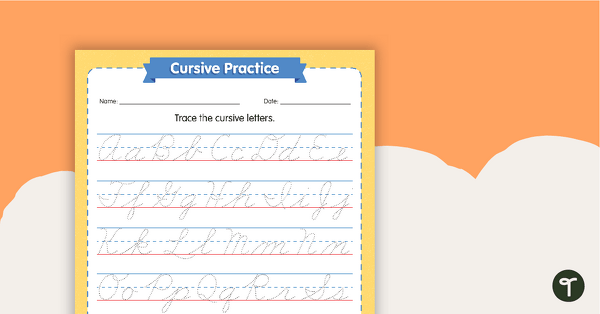
teaching resource
Cursive Alphabet Chart - Printable Cursive Practice Sheets
A set of 6 sheets to practice writing letters in cursive.
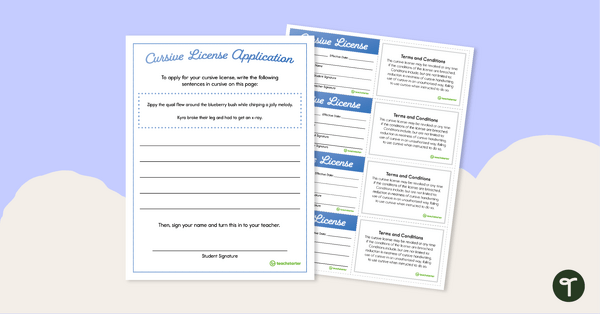
teaching resource
Cursive License and Application
Get your students excited about mastering cursive writing by giving them a cursive license.
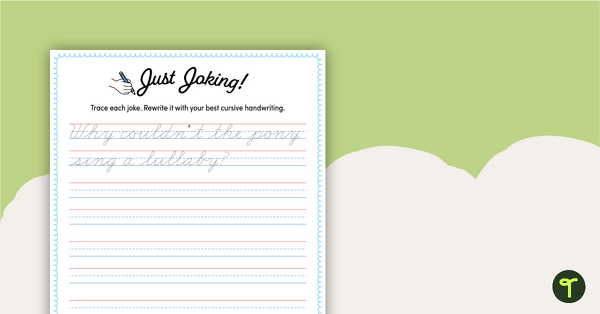
teaching resource
Just Joking! Cursive Joke Book Practice Worksheets
Trace 10 cringe-worthy jokes in cursive font and rewrite each joke independently in cursive on the lines.
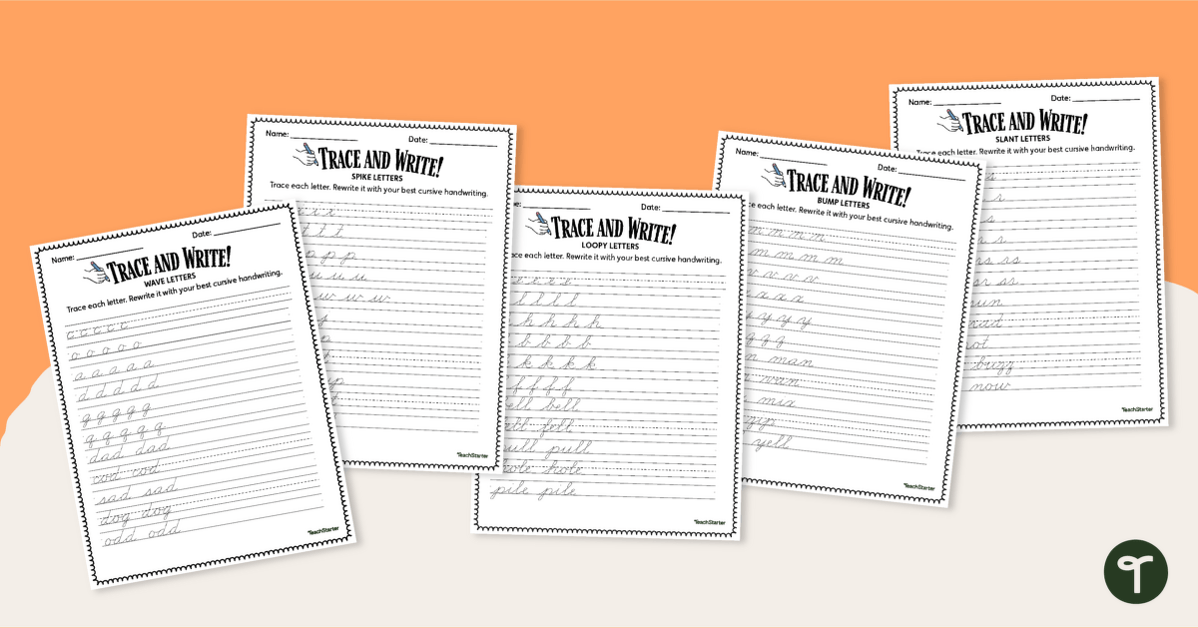

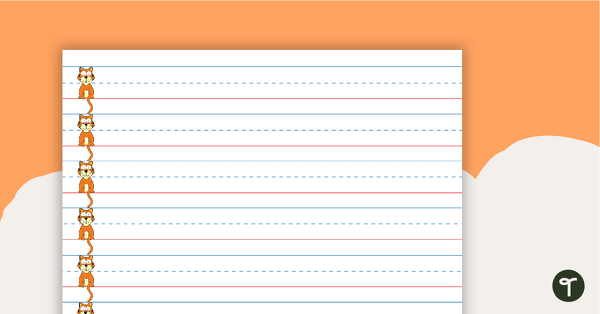
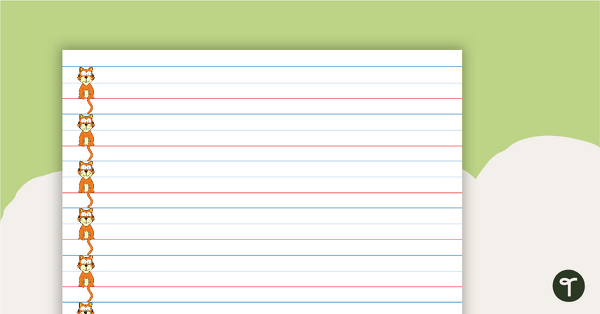
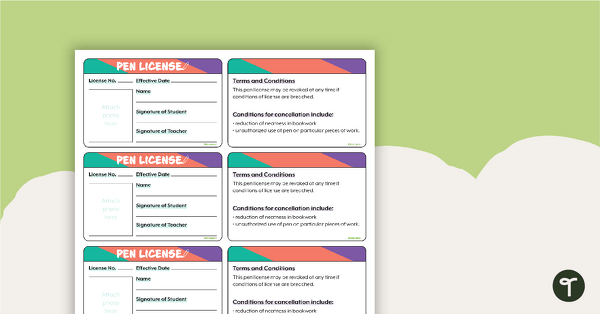
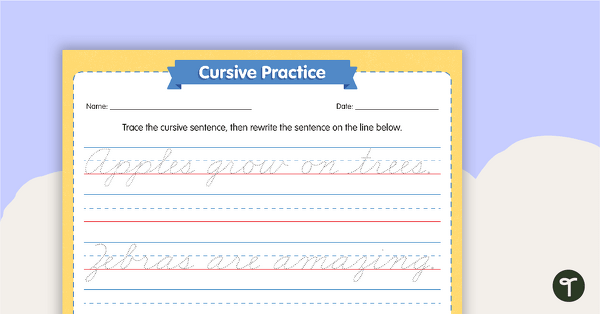
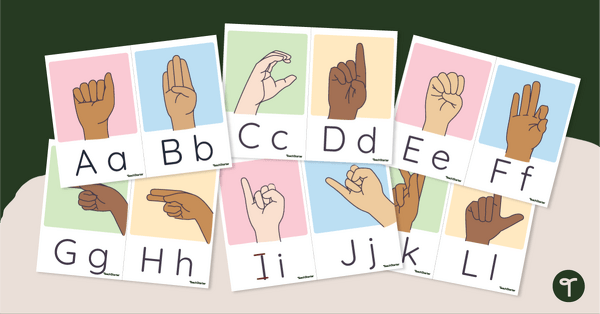
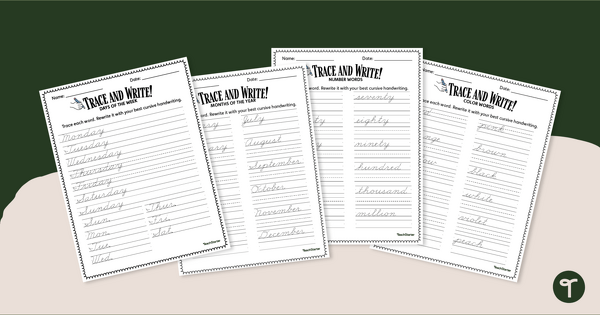
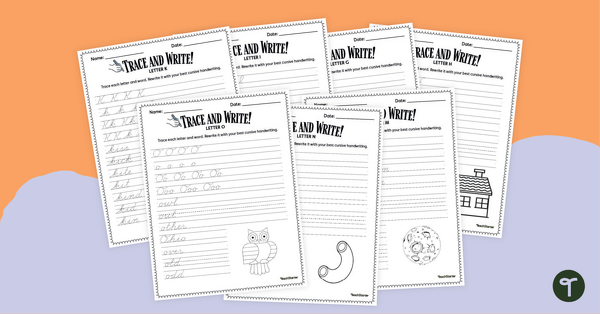
0 Comments
Write a review to help other teachers and parents like yourself. If you'd like to request a change to this resource, or report an error, select the corresponding tab above.